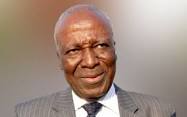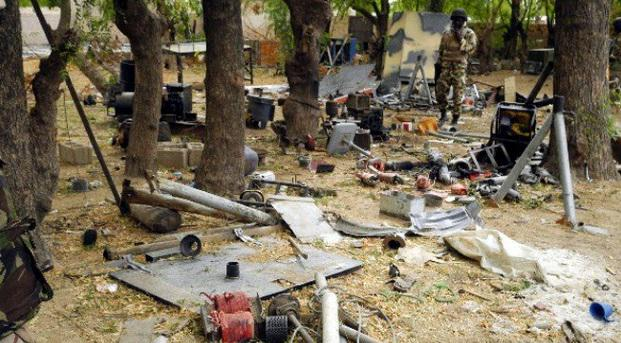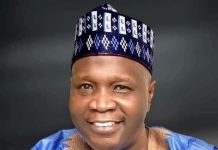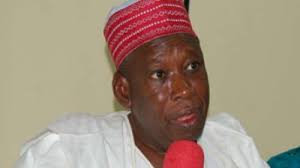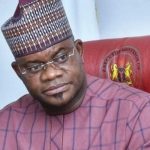By Olusegun Emmanuel, Abuja.
The Agitation for the decentralization of Nigerian police suffered a major setback on Monday as the bid to transfer police matters to the Concurrent Legislative List from its current Exclusive Legislative list failed to scale through the committee level.
Under the 1999 Constitution , the Police is on the Exclusive Legislative List which makes it a solely federal matter which only the National Assembly could legislate upon.
Delegates failure to pass the proposal for the creation of state police at the Committee on Power Devolution occurred same day the Committee postponed discussions on the issue of Mines, Minerals and Geological Surveys.
It was the second time the committee would defer taking a decision on the agitation by some delegates to move mines and minerals to the Concurrent List where the states and federal government would share powers and responsibilities.
At the resumption of the committee meeting on Monday, some northern delegates namely Dr Haruna Usman Sanusi, Dr Bashir Dalhatu, Dr Junaid Moammed, Alhaji Tanko Yakassai, General Jerry Useni, Senator Tilley Gyado and Alhaji Buba Galadima pressurized the committee to retain the issue of mines and minerals on the Exclusive Legislative List where only the National Assembly would have the powers to legislate on it.
However, their counterparts from the south namely Chief Asara Asara, Prof. Godwin Darah, Chief Ayo Adebanjo who canvassed an opposing view were maintain their stands on the issue.
Presenting, the position of the South on the matter, Niger Delta activist, Ms Annkio Briggs implored the delegates to look beyond oil and gas and think of the positive difference the participation of the states could make if they were empowered alongside the federal government to participate in the exploitation of the various minerals in their domains.
When the consensus could not be reach on the matter between the North and South on the issue , Co-Chairman of the Committee, Alhaji Ibrahim Coomassie ruled that the matter should be postponed till today.
In a similar manner, the issue of transferring police to the Concurrent Legislative List generated a heated debate between delegates of the southern block and their counterparts from the northern axis.
While Chief Ayo Adebanjo, Chief Gbade Adedeji, Senator Tony Adefuye, Chief Okey Ikedife and Chief Adeniyi Akintola canvassed that the time had come for Nigeria to adopt a decentralized policing structure.
However, Alhaji Dambatta Magaji and Col Usman Farouk kicked against the move the proposal for state police.
For those who supported the adoption of state police, it was unthinkable tat given the level of criminality and insecurity in the country some persons still wanted to keep the police as purely a federal matter. They argued that already state governments have been funding the Police because of the inability of the federal government to adequately cater for the institution.
Chief Ayo Adebanjo said that a decentralized police force was an essential ingredient of federalism and urged delegates to remember that the essence of the power devolution committee was to reduce the burden of governance on the central government.
He said that if the country wanted federalism, it shoud not run away from the things that make a federation.
According to him, the problem of Boko Haram could have been better handled if the country had a police structure that could keep track on the local people and identify deviants before they get out of hand.
He argued that the unitary structure of the Police was largely responsible for the growing insecurity in Nigeria as men and officers of the Police were largely strangers in their places of assignment.
On the other hand, former Governor of the defunct North Western State, Col. Usman Farouk vehemently opposed the introduction of state police because according to him, criminals could commit crimes in one state and take refuge in another. He also expressed fears that the inequality of states in terms of resources could make state police dangerous as the more buoyant state could arm its police so well that it could wage war against the police of another state.

